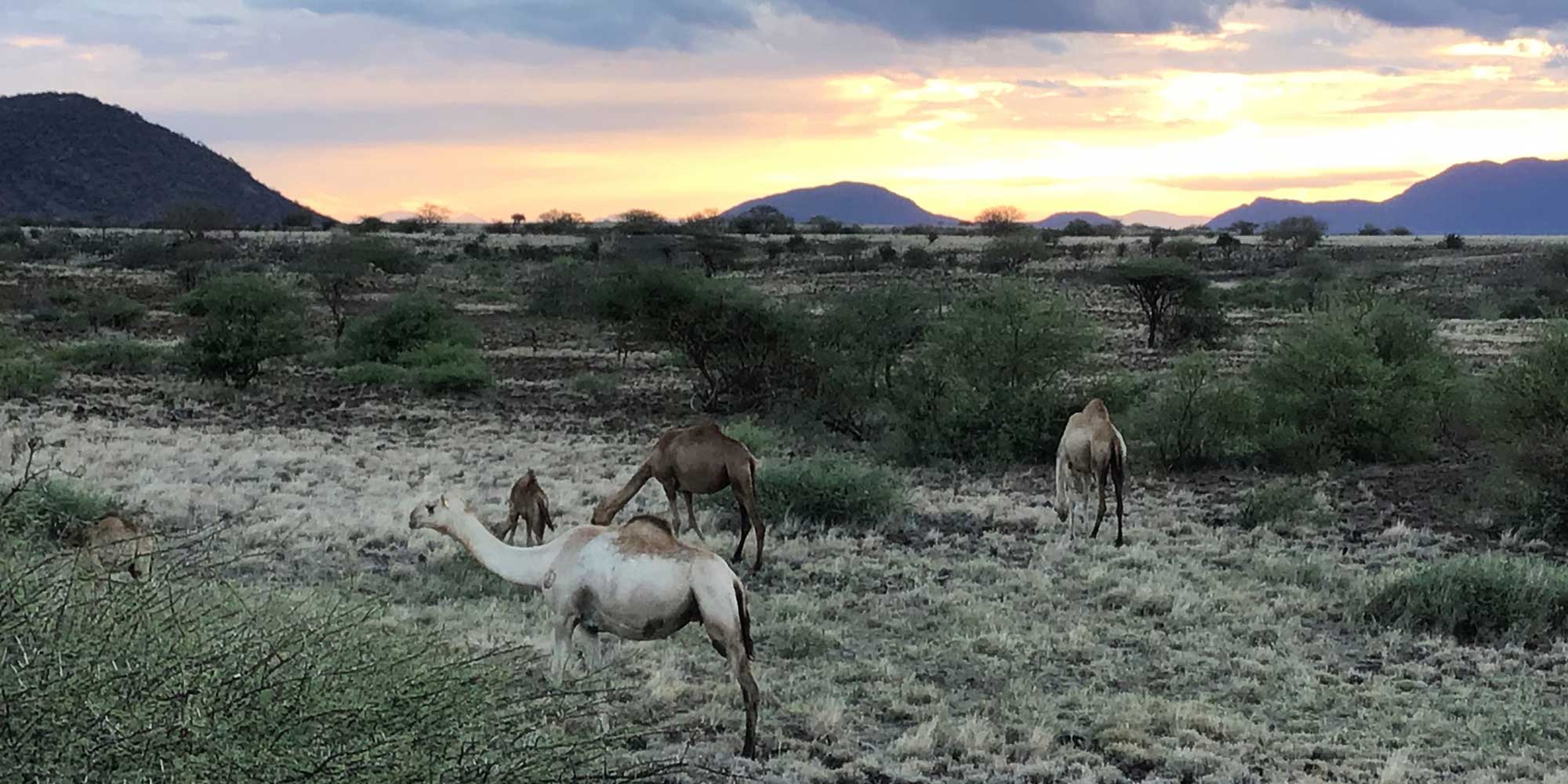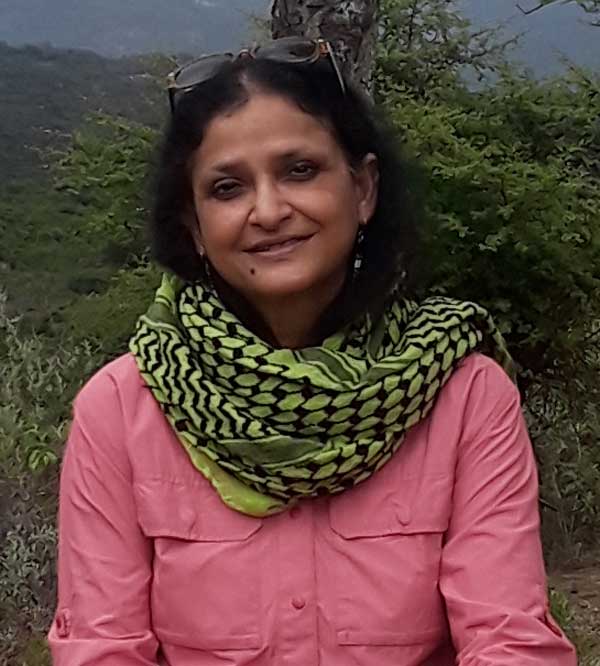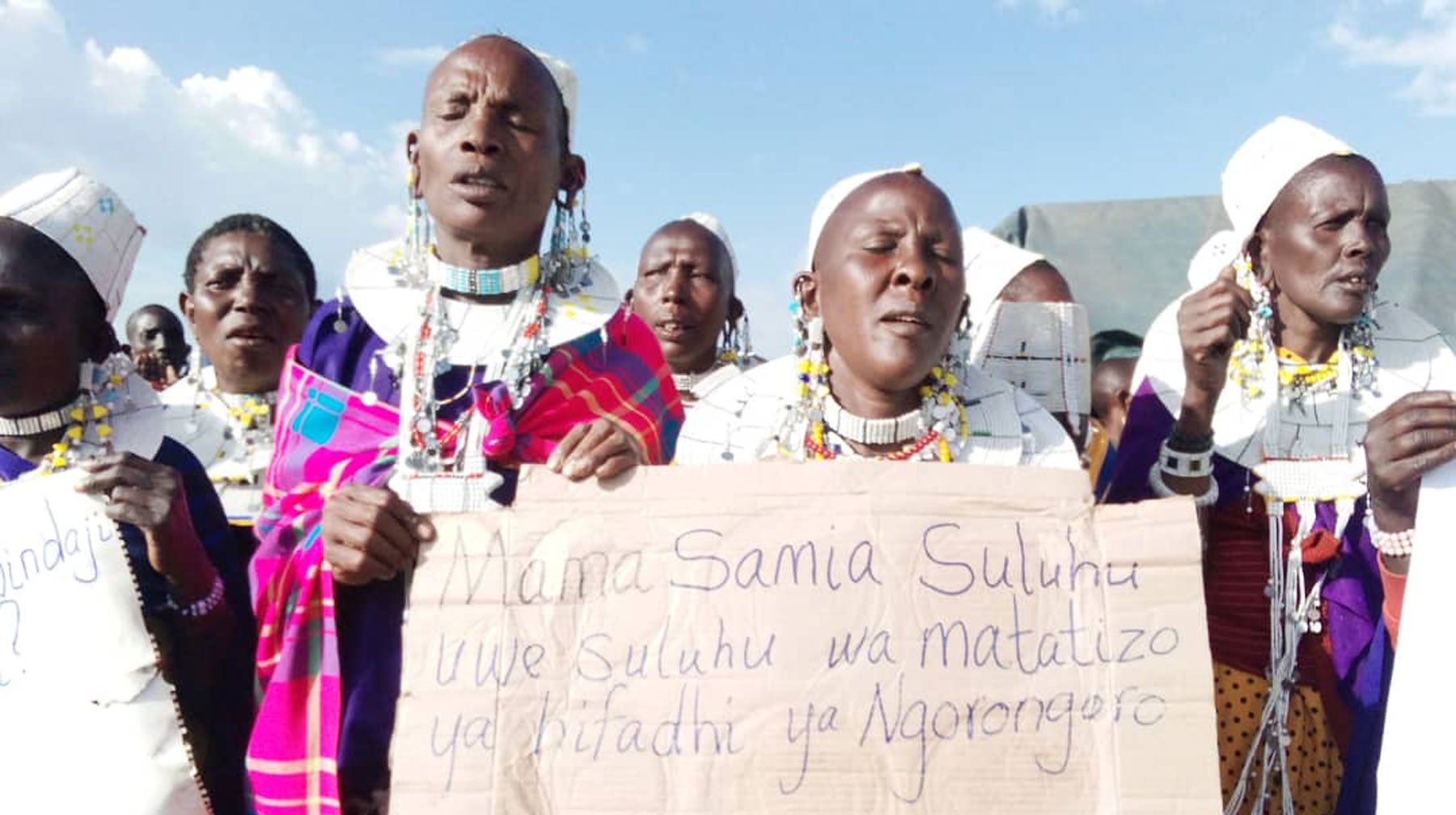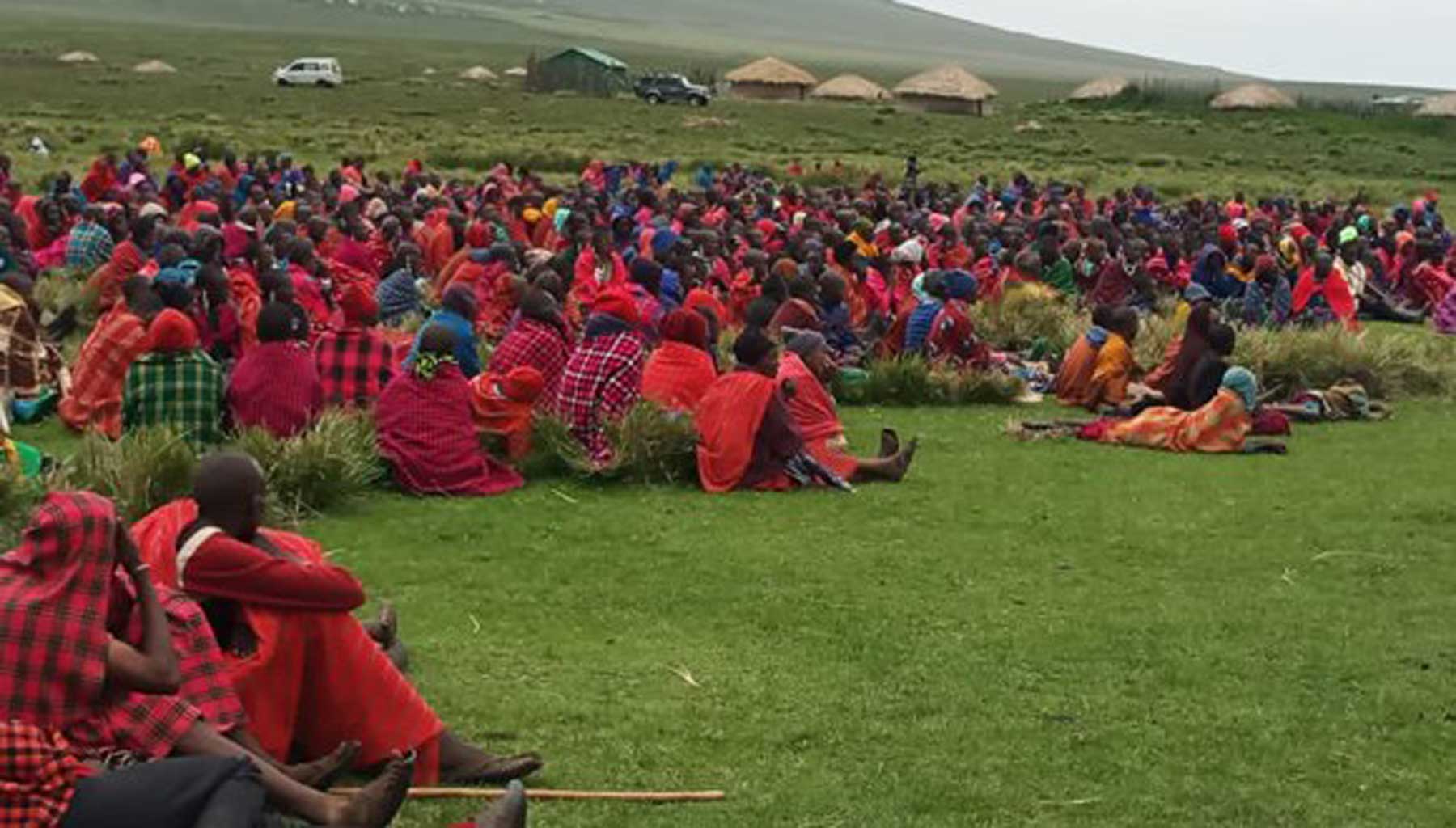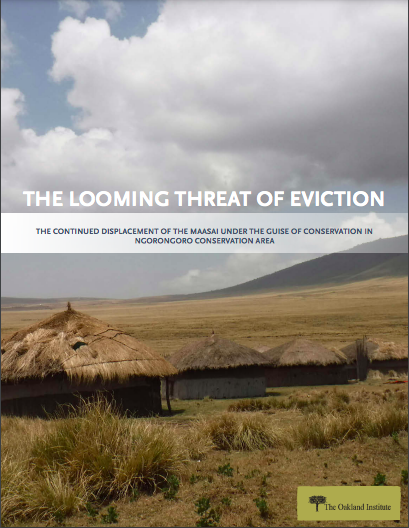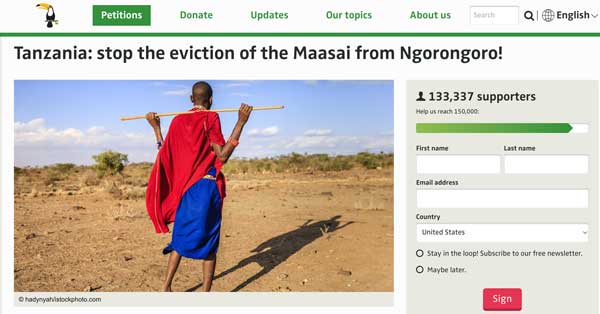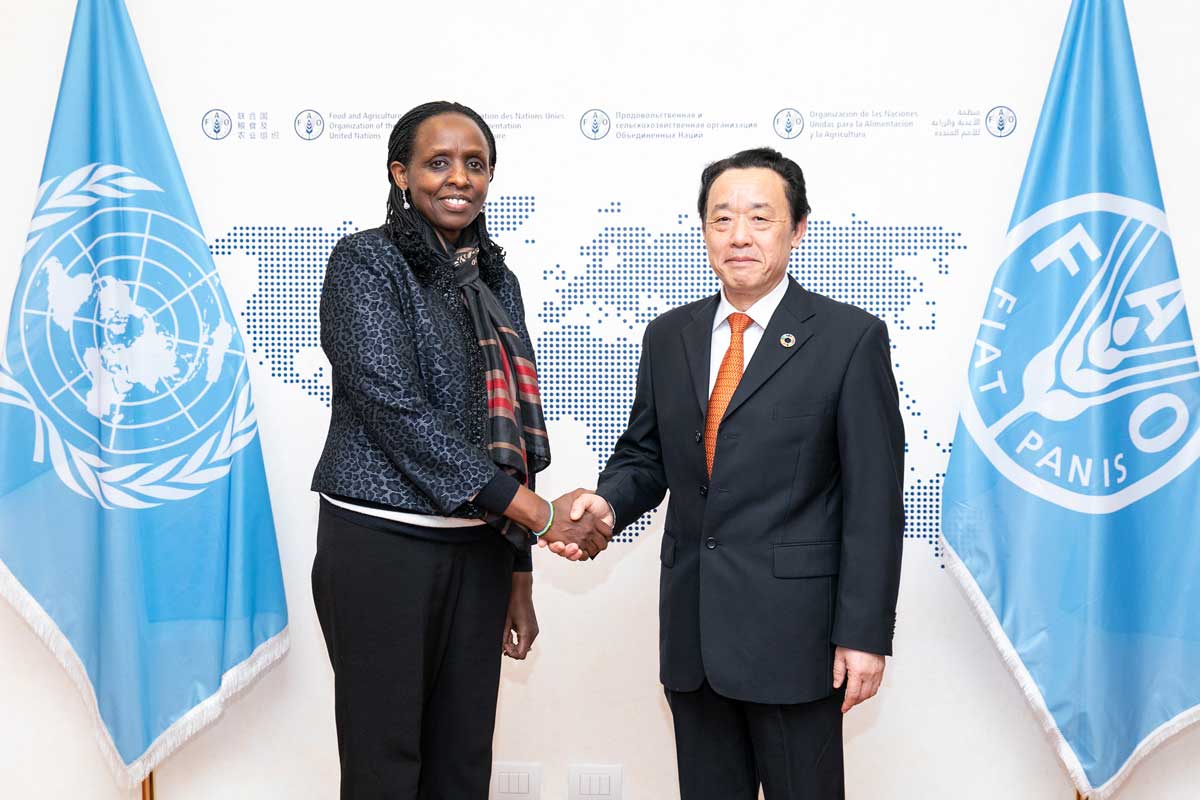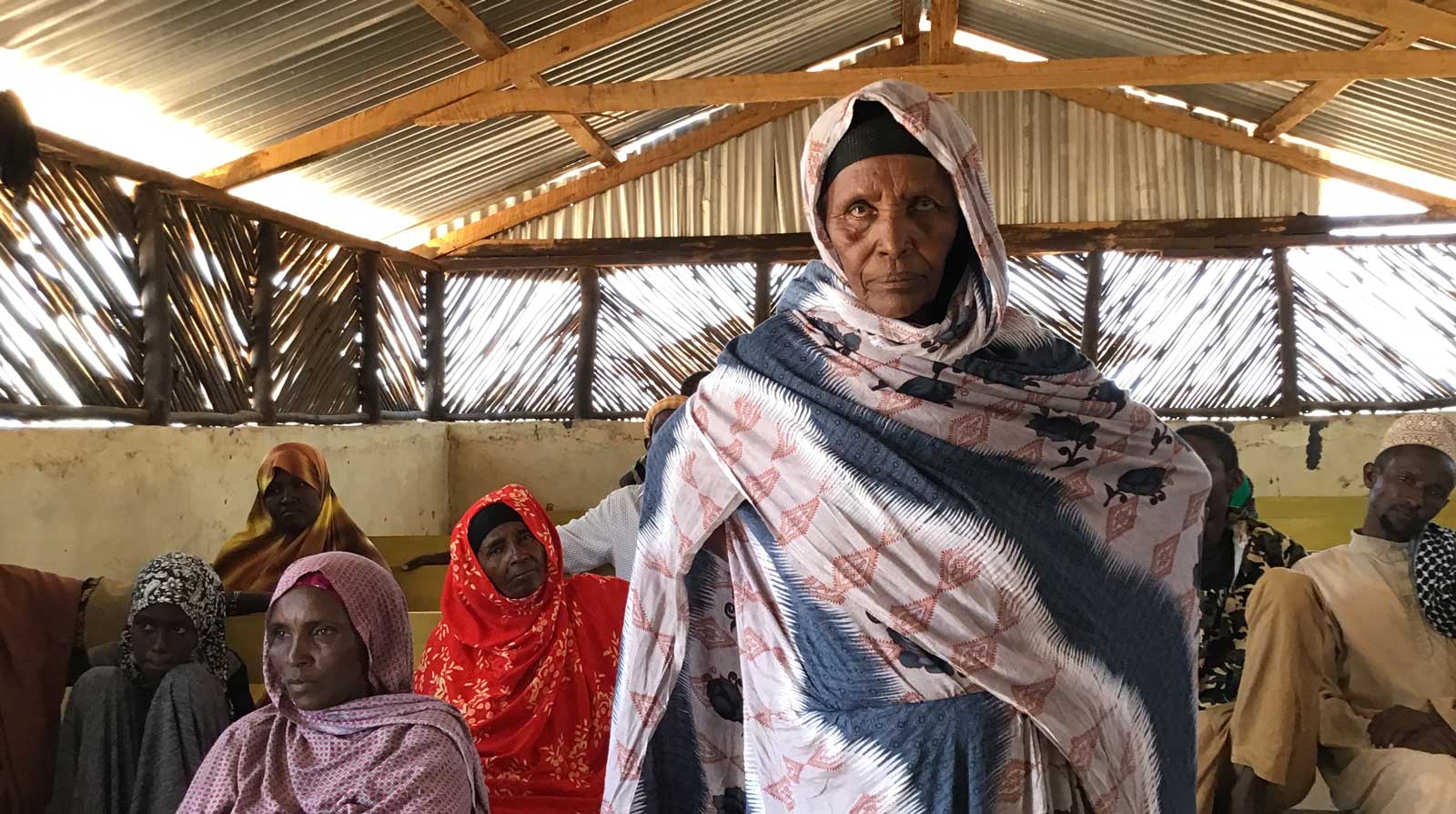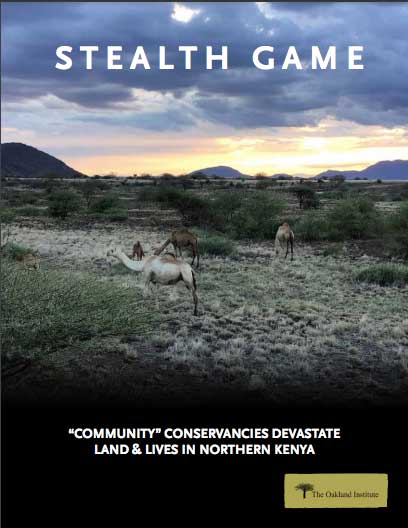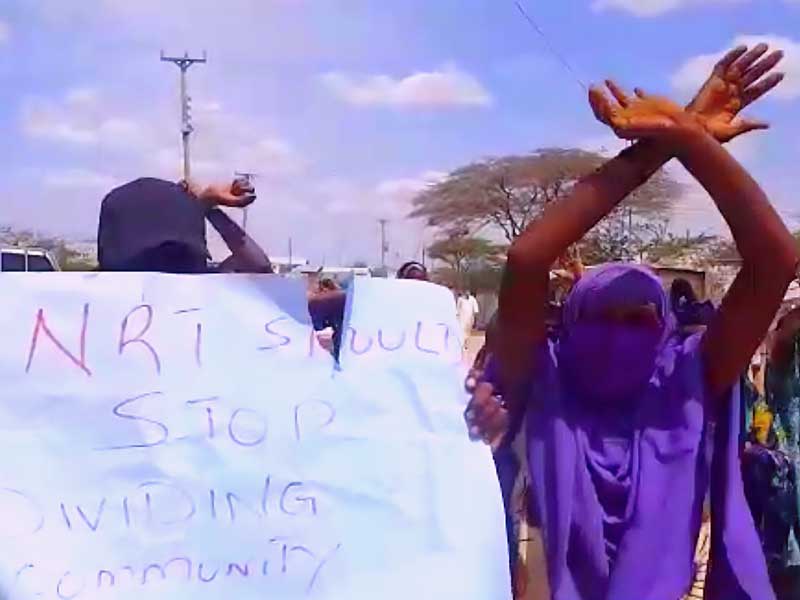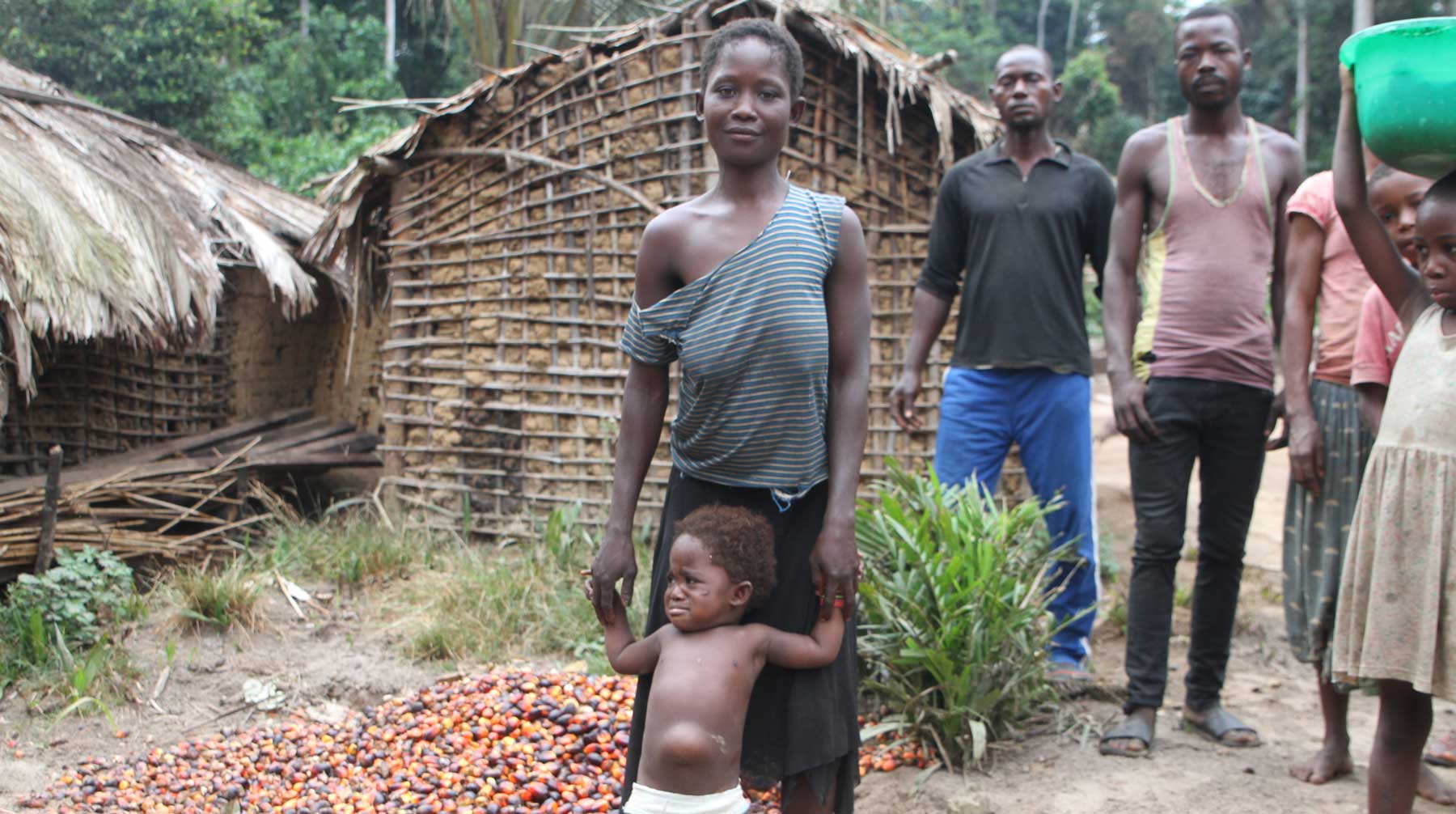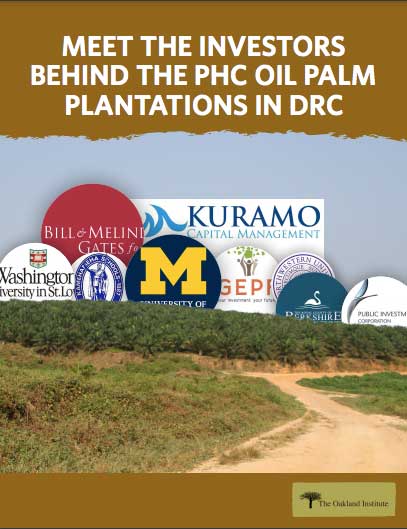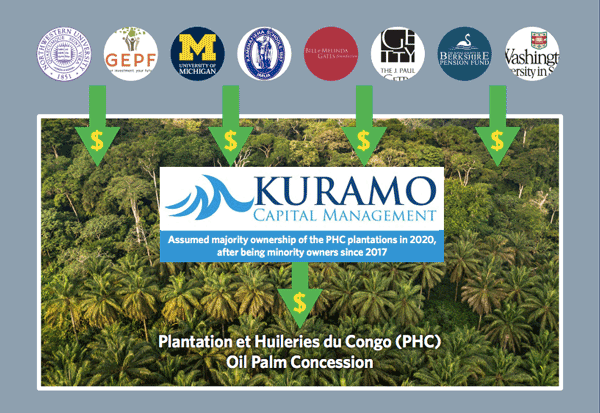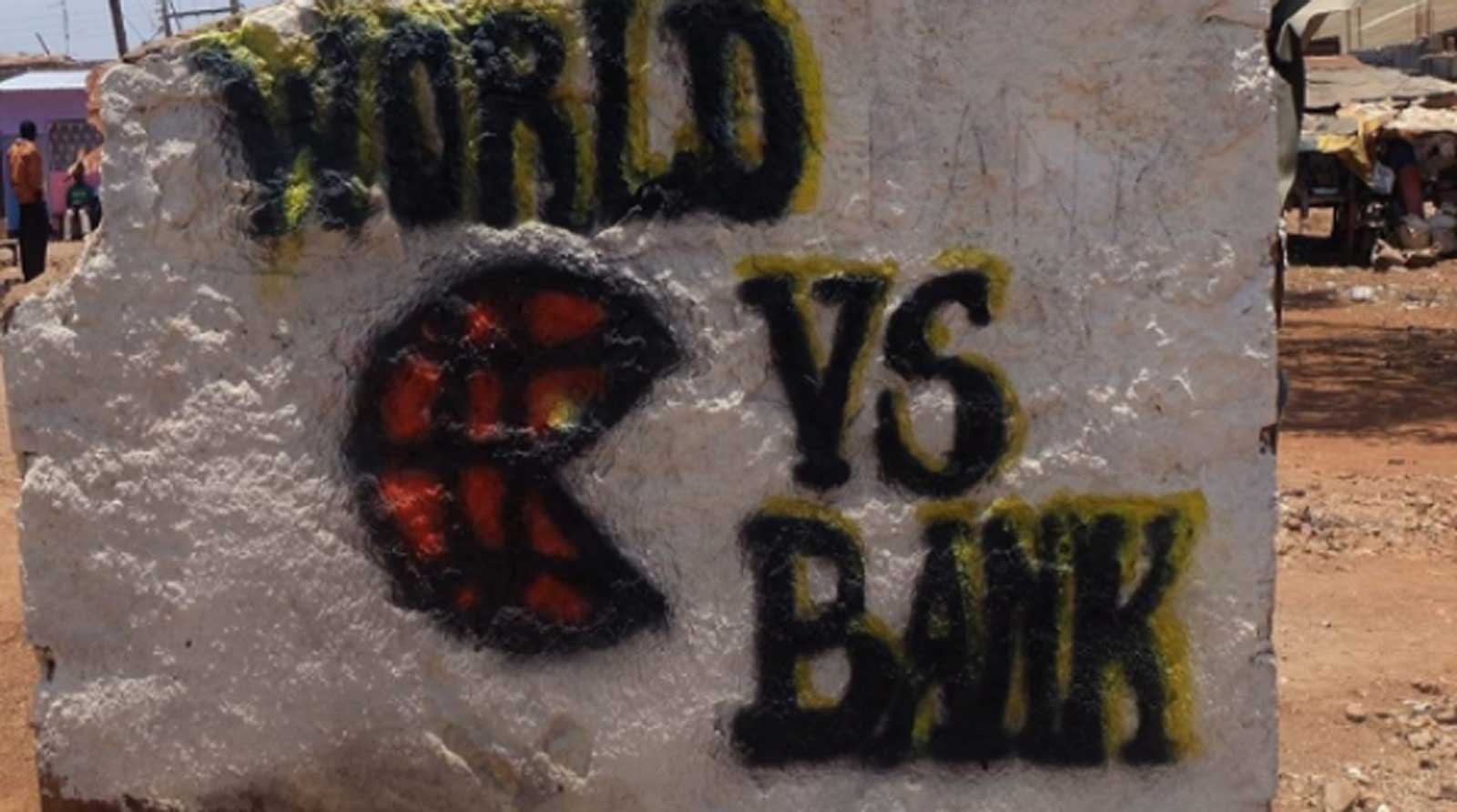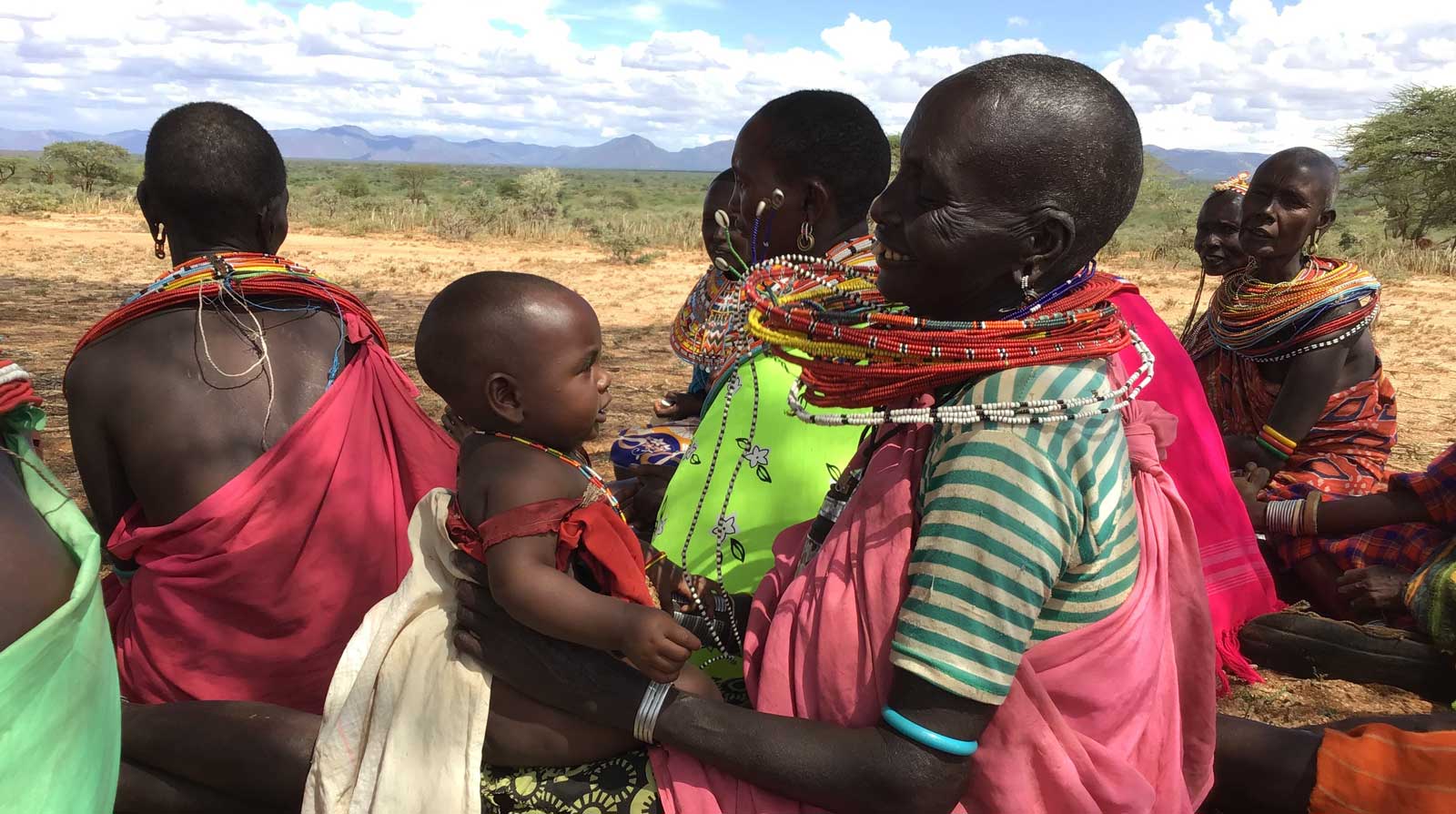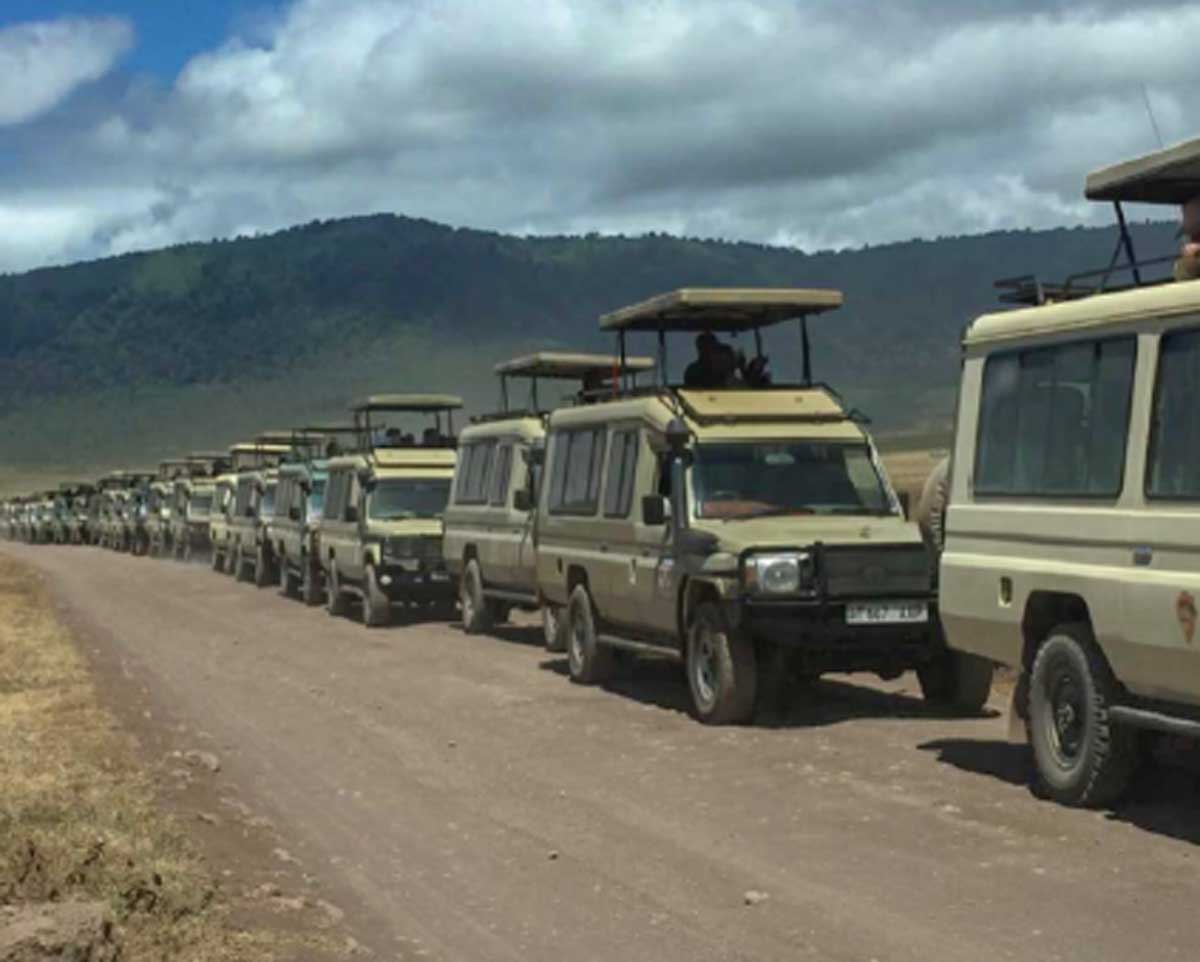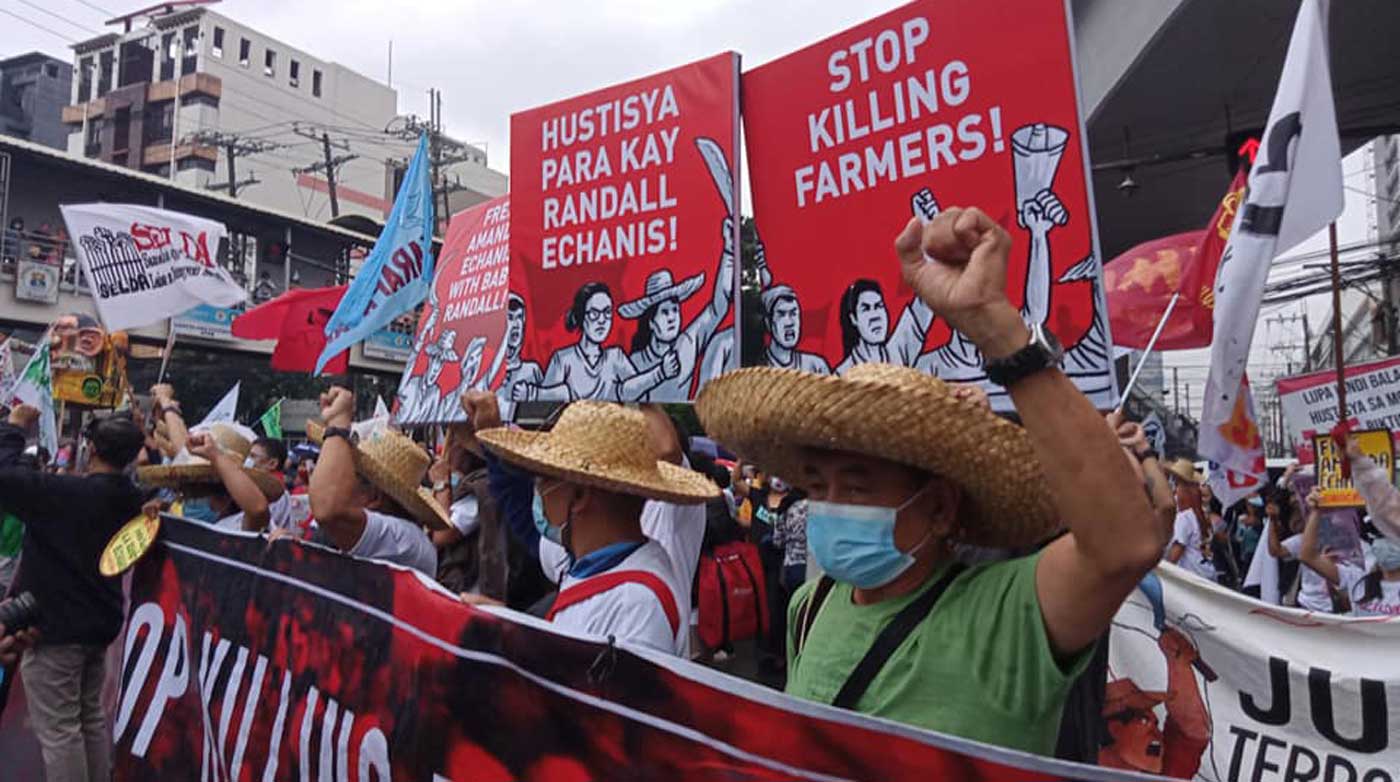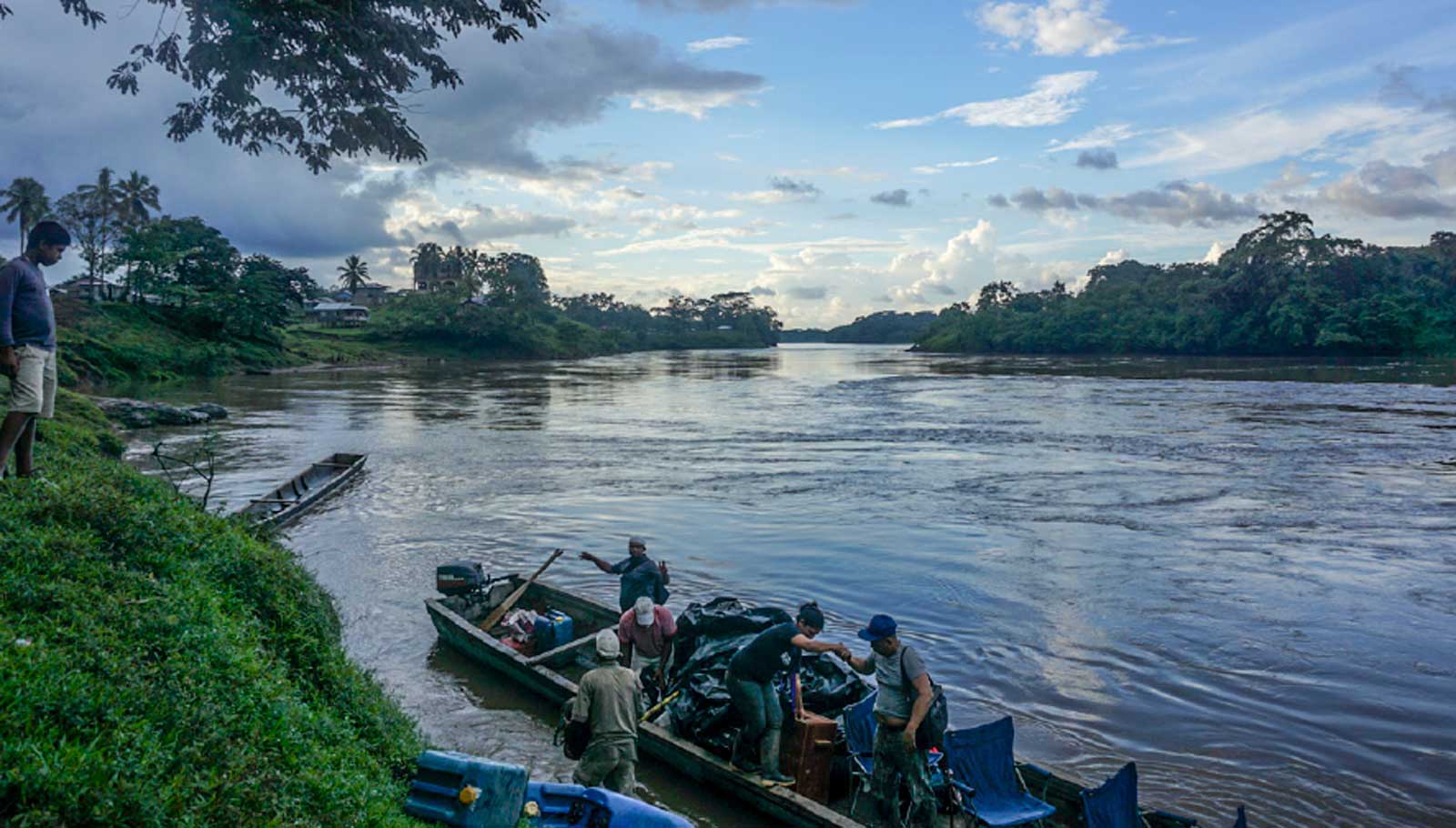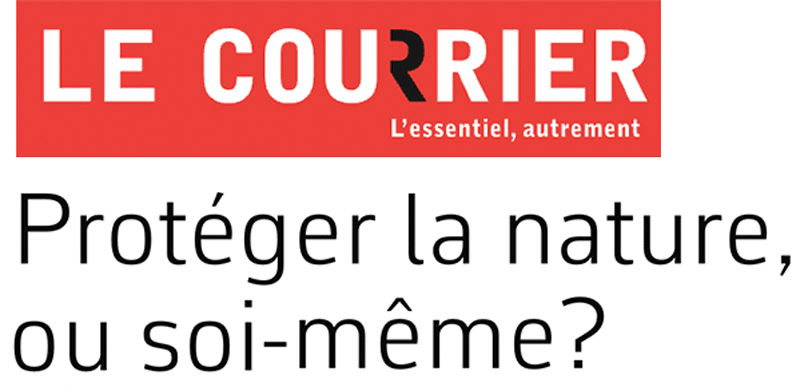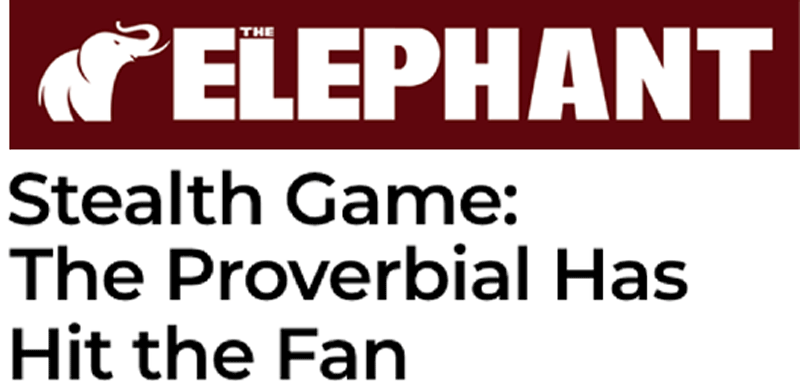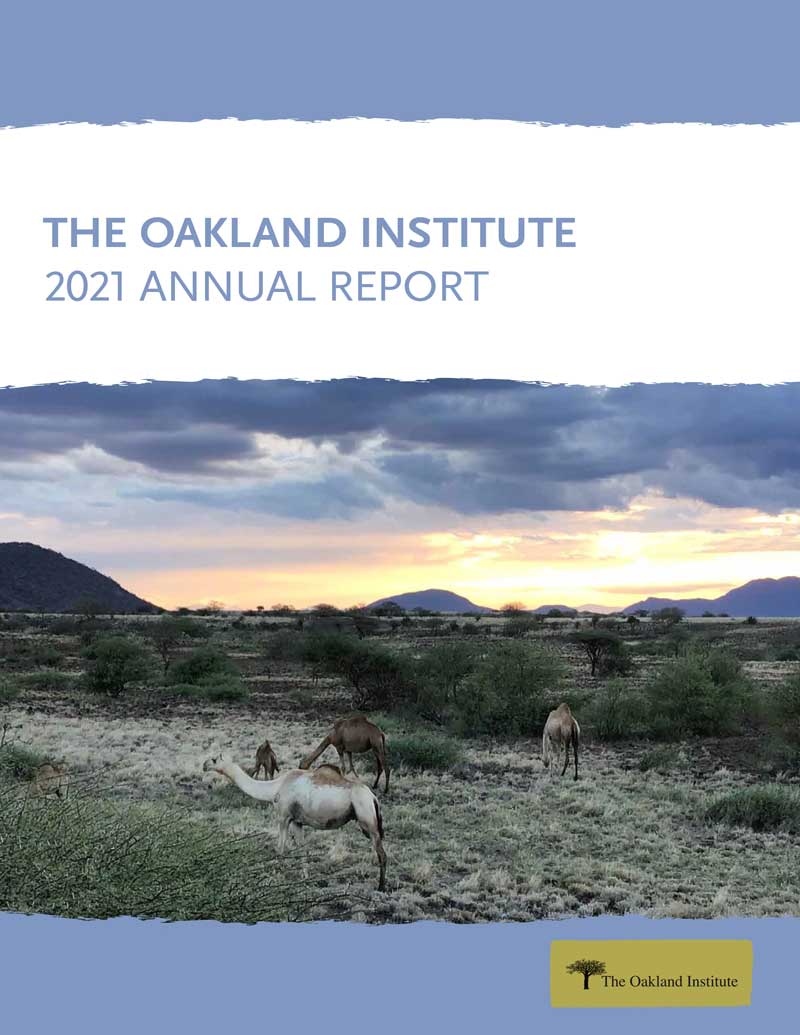Introduction
Camels kept by pastoralist communities in Northern Kenya for livelihoods.
Our Impact
“Ms. Samia Suluhu, be the solution to the problems of the Ngorongoro Conservation Area.” Protest organized by Maasai women on March 8, 2022 — International Women’s Day.
Exposed the Looming Threat of Eviction for the Maasai in Tanzania
Over 700 Maasai gathered in Oloirobi village on February 13, 2022 to pray against impending eviction from their ancestral lands.
Standing up to the Corporate Takeover of the UN Food Systems Summit
10 February 2020, Rome, Italy — FAO Director-General Qu Dongyu meeting with Ms Agnes Kalibata, Secretary General Special Envoy for Food Systems Summit, FAO headquarters. © FAO/Giulio Napolitano.
Agroecology in Andhra Pradesh, India. © Rucha Chitnis
Shattering the Silence on Community Conservancies Devastating Land & Lives in Northern Kenya
Kumpa Halkano giving testimony at a community meeting about alleged violence by armed security units in Northern Kenya, June 6, 2019.
Protest Against NRT in Merti Sub-County, Kenya, May 8, 2021.
Exposing the Investors Profiteering from the PHC Oil Palm Plantations in DRC
Community members of Mwingi near the disputed land of the Lokutu concession, DRC. © Oskar Epelde
University endowments, pension funds and philanthropic foundations have together invested over a hundred million dollars into funds managed by Kuramo Capital Management.
A Landmark Victory: World Bank Finally Ends Its Destructive and Corrupt Doing Business Report
Graffiti pushing back against the World Bank.
Tearing Down the Walls of Fortress Conservation
Samburu communities in Nantudu, Olidonyiro fearing evictions from community lands, Kenya.
Tourist buses flood the Ngorongoro Conservation Area in Tanzania.
Addressing the Climate Crisis and Challenging False Climate Solutions
Climate Protest outside Blackrock Headquarters in October 2021, San Francisco CA. © Lews Bernier
September 2021 protest targeting Line 3 financing institutions in San Francisco. © David Solnit.
New Podcast to Amplify Voices On The Frontlines
Farmer protest in the Philippines, January 9, 2021. © KMP
In the News
The Oakland Institute’s research team visiting impacted Miskitu communities living beside the Rio Coco River in Nicaragua.

